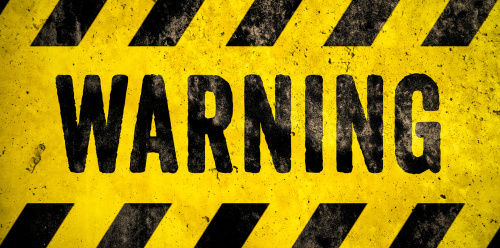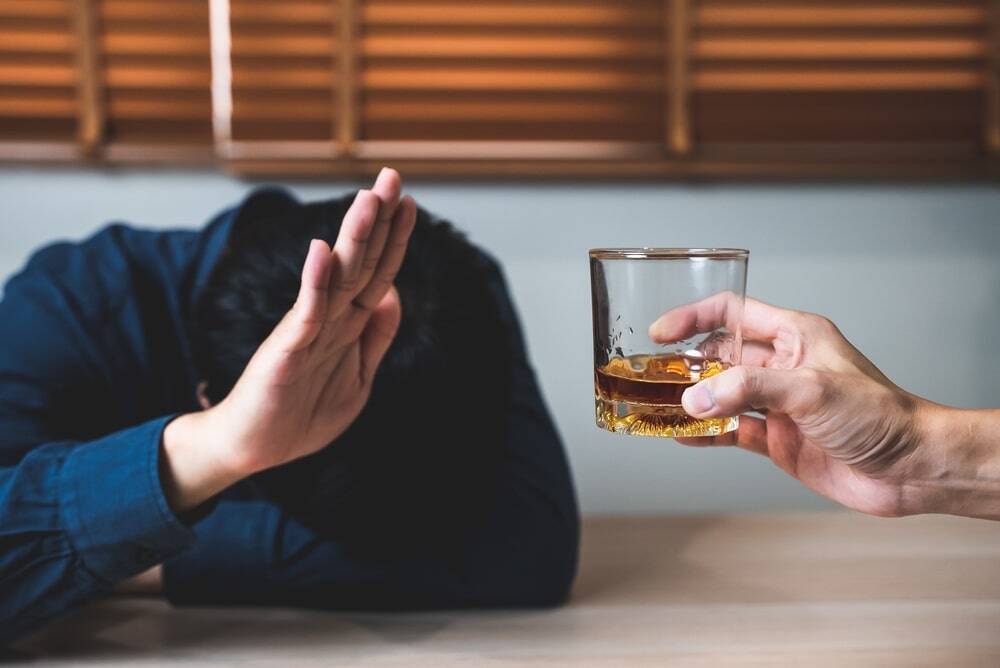Best Way To Detox From Prescription Drugs
Prescription drugs may be legal, depending on the situation, but that does not mean they are any less addictive, or easier to withdraw from. According to the National Institute on Drug Abuse, an estimated 48 million Americans, age 12 and over, which is equal to 20% of Americans, have taken a prescription drug without a prescription for a non-medical reason. Detoxification, informally known as detox, is explained by the Substance Abuse and Mental Health Services Administration (SAMHSA) as “a set of interventions aimed at managing acute intoxication and withdrawal. It denotes a clearing of toxins from the body of the patient who is acutely intoxicated and/ or dependent on substances of abuse.” The overarching purpose of detox is to minimize the physical harm caused by the abuse of drugs. There is no detox method that proves universally effective, as each person is unique with nuanced needs.
Types of Detox
There are different detox methods with varying levels of support available for people in need. The types of detox available can loosely be divided into two categories:
- Medically supervised detox: This type of detox usually takes place in a specific facility that is equipped to deal with various intense withdrawal symptoms. There are several types of substances, including many prescription medications (e.g., benzodiazepines, prescription opioid narcotics, etc.) that which individuals are highly encouraged to pursue medically supervised detox due to the severity of the withdrawal symptoms. In some cases, medically supervised detox will enable a person to safely wean herself from the abused substance. Depending on the drug abused, some individuals may need additional medications to help with her drug cravings and/ or withdrawal symptoms. With a medically supervised detox, an individual will have access to twenty-four-hour medical care, in addition to being closely monitored and supported throughout the entire process.
- Non-medically supervised detox: A non-medically supervised detox can take place in almost any location, with or without the support of others. It simply requires the individual to stop using prescription drugs, thereby allowing her body to release the toxins and chemicals from her bloodstream.
Prescription painkillers (opioids), central nervous system (CNS) stimulants, and benzodiazepines can be highly addictive, making their associated withdrawal symptoms extremely uncomfortable, depending on how long the abuse occurred, and how much of the drug was abused. Withdrawal symptoms are adverse symptoms that occur because of ceasing the use of a substance with which one’s body has become accustomed. Below are some examples of withdrawal symptoms that can develop in relation to the abuse of the following types of prescription drugs:
- Opioids: diarrhea, vomiting, watery eyes, nausea, sweating, chills, muscle pain, excessive yawning, insomnia, anxiety, depression, stomach cramping
- CNS stimulants: muscle aches, stomach cramping, fatigue, mood swings, nausea, depression, headache, vomiting, malaise, difficulty concentrating, suicidal ideations, memory impairment
- Benzodiazepine: heart palpitations, shaking, irritability, sleep disturbances, dry heaving, nausea, anxiety, sweating, muscle pain, headache, panic attacks, elevated blood pressure, agitation, difficulty concentrating, muscle stiffness
Prescription drug withdrawal symptoms are intense, uncomfortable, and in some cases life-threatening. These factors can make it extremely difficult to detox from prescription drugs, especially when the drugs themselves can be easily accessed by much of the public.
For Information and Support Substance abuse and addiction can be incredibly dangerous and can result in severe short and long-term consequences. If you or someone you know is suffering from substance abuse or addiction, please get help as soon as possible. The earlier you seek support, the sooner you and your loved ones can return to leading happy, healthy, and fulfilling lives. There is no reason to go through this alone, and we are here to help. Please feel free to reach out to us for further information or with any questions regarding substance abuse or addiction. We are available anytime via telephone at: 213-389-9964, or you can always email us at: info@friendlyhousela.org.



